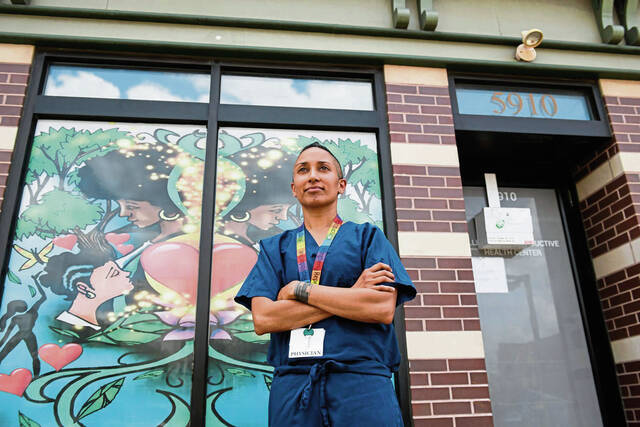The escalating opioid crisis, especially in the Appalachian region, is a stark reminder of the harsh realities of addiction. A recently published study by the Rothman Orthopaedic Institute Foundation for Opioid Research and Education illuminates the alarming rise of opioid- related deaths in the Appalachian region, disproportionately higher than the rest of the nation. It begs us to question whether health care professionals are adequately trained in optimal pain management and opioid prescribing in Appalachia.
Opioid-related deaths, on average and by population, have risen steadily in the Appalachian region from 2018-21 across all geographic areas (urban/metropolitan, suburban, rural). Rural counties consistently showed the highest opioid- related deaths per population compared to urban/metropolitan and suburban areas.
Community and health system interventions must be implemented to combat the disproportionately high rate of opioid prescribing in the Appalachian region. The study argues that addressing the social determinants of health and implementing community and health system interventions, particularly in rural regions, are crucial for grappling with this crisis.
The importance of the foundation’s efforts to provide an accredited curriculum for health care professionals is increasingly palpable in the face of these staggering statistics. Health care professionals play a significant role in controlling and hopefully reversing this crisis. Health care professionals, including physician assistants and nurse practitioners, often the primary providers in rural regions, need comprehensive training in opioid pharmacology, prescribing practices, usage and abuse.
The Continuing Medical Education (CME) accredited curriculum created by the foundation is free, available online, accessible to all health care providers and students, and intends to bridge this knowledge gap. It includes opioid prescribing guidelines, alternative pain management strategies and approaches to identifying potential opioid abuse. It is expected to impact health care professionals across Pennsylvania, with an eye on the broader Appalachian region.
The curriculum’s dissemination should be applauded as a significant stride toward curbing the opioid crisis. It signals a shift from the reactive approach, which has often dominated our response to opioid addiction, toward a more proactive stance of equipping health care professionals with tools and knowledge that prevent opioid misuse from its inception.
There is a particular focus on nurse practitioners and physician assistants, who, as prescribers, find themselves on the front line in this battle, particularly in rural areas like the Appalachian region. Educating them about optimal pain management strategies and early detection of misuse can potentially nip the issue of opioid abuse and addiction in the bud.
The role of education in combating this crisis cannot be overstated. While our attention is naturally drawn to the victims of opioid addiction, we must not forget those who can avoid these tragedies from unfolding in the first place. Through education, we can foster a generation of health care leaders who are not only well-versed in the pathophysiology of opioid addiction but are also competent in prescribing opioids prudently while managing pain more effectively.
The opioid crisis is not just a matter of rising death rates — it’s a wakeup call to the health care community. With its accredited curriculum, the Rothman Opioid Foundation is responding urgently to this call. It’s now up to healthcare professionals to leverage this resource and make a difference in the lives of those susceptible to opioid addiction.
Dr. Asif Ilyas is president of the Rothman Opioid Foundation in Philadelphia, a professor of orthopaedic surgery at Thomas Jefferson University and an associate dean of clinical research at the Drexel University College of Medicine.








